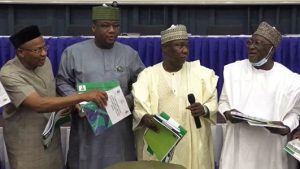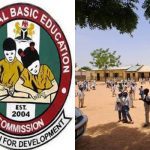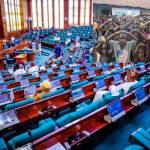The National Assembly says it has concluded the constitutional amendment process of moving basic education from chapter two of the constitution to chapter four of rights of the citizens.
The Chairman, House Committee on Basic and Secondary Education and Services, Professor Julius Ihonvbere disclosed this in Abuja at the National Roll Out of the Accelerated Basic Education Programme.




He believes the amendment will overhaul the planning of resources and implementation of educational programmes in Nigeria.
Legislators believe that moving basic education from Chapter 2 of the Constitution to Chapter 4 of the Citizens’ Rights will help to ensure that no Ngerian child is denied a quality education and will also help to reduce the number of out-of-school children in the country.
Sustainable development goal four is focused on education and is aimed at ensuring inclusive and equitable education and promoting lifelong learning opportunities for all.
Target 4.1 estimates that by 2030, all girls and boys complete free equitable and quality primary and secondary education leading to relevant and effective learning outcomes.
Eight years to the expiration of this goal, Nigeria still has over 10 million children out of School.
Unveiling the Accelerated Basic Education Programme, the Minister of Education, Adamu Adamu is optimistic that the products will help in improving literacy in the country.
The products unveiled are the ABEP Curriculum, ABEP Teachers Pack and the ABEP National Guideline.
The program’s specific objective is to mop up—or to minimize to the absolute minimum—a large number of overage and out-of-school children who are disadvantaged and marginalized, and to bring them back to school.














